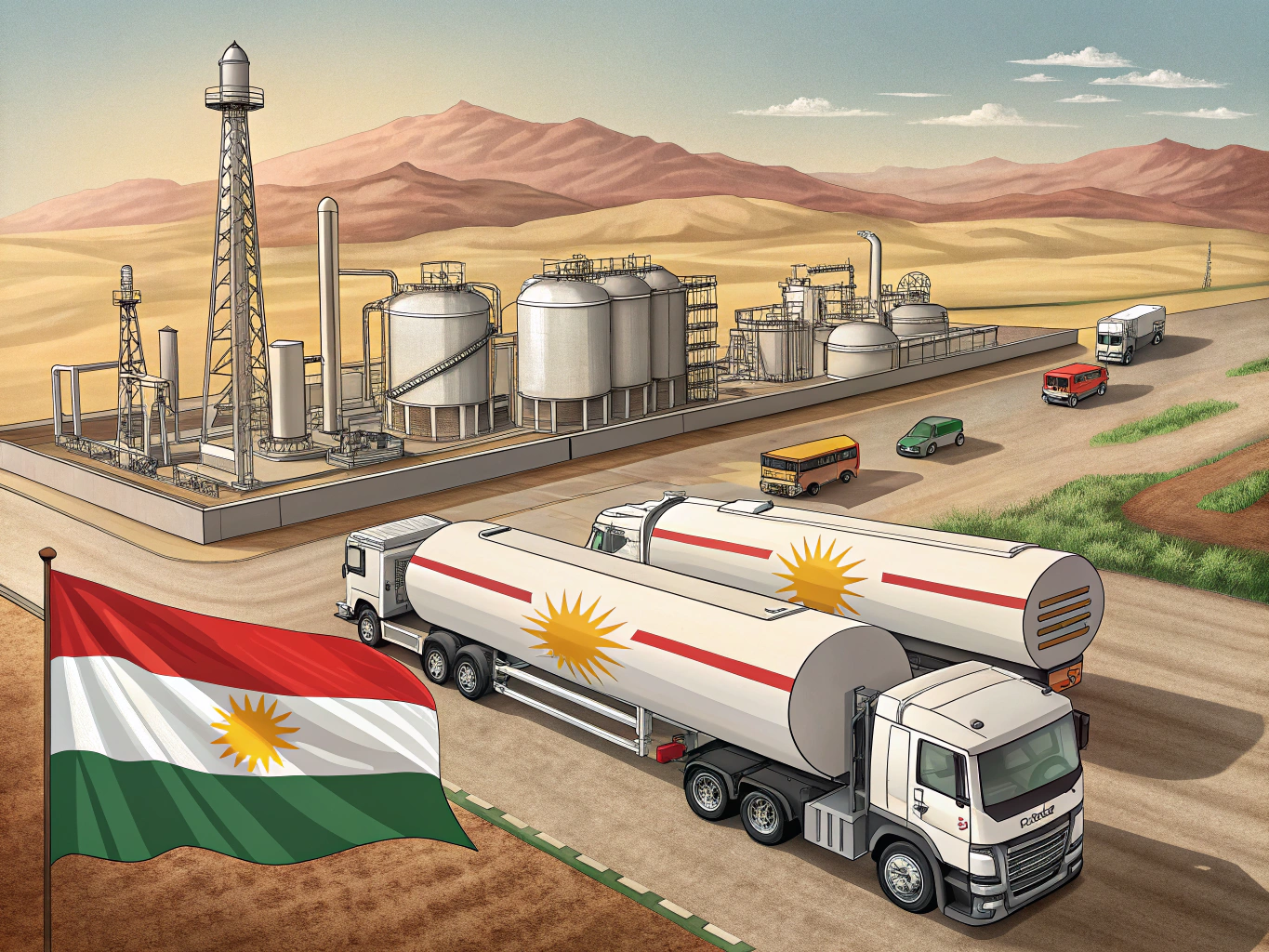The KRG Oil Crisis: How Iraq’s 2023 Legal Victory Evolved into a Strategic Vulnerability

Our recent analysis on KRG oil exports has drawn notable attention—prompting a response from APIKUR, followed shortly by a statement from the Iraqi Oil Ministry addressing APIKUR’s remarks. Both responses echoed, in part, themes and arguments we had raised, reflecting how the contours of the debate are beginning to take shape. To build on that analysis, what follows is a tracing of how Iraq’s major legal victory in 2023 has, for now, evolved into a strategic vulnerability.
This reversal offers an important reminder: snapshot judgments often miss the deeper dynamics at play. The role of analysis is to make sense of how seemingly disconnected developments form a coherent pattern.
Much of what has unfolded lies beyond the immediate control of either the KRG or the Iraqi government. Regional transformations—set in motion after October 7, accelerated by Trump’s re-election, and marked by successive defeats for Iran’s regional axis—have fundamentally reshaped the oil file.
Below is a timeline, layered with causal loops, that illustrates how the balance of power has shifted against Iraq—and how what began as a moment of sovereign assertion has become a strategic liability:

March 2023: Iraq wins a major international arbitration case against Turkey, securing a $1.7 billion fine and effectively halting KRG oil exports via the Iraq–Turkey pipeline. The ruling is widely viewed as a sovereign milestone for Baghdad in asserting control over KRG oil. This leads to a short-lived, complete halt in KRG oil production.
Late 2023: KRG oil production quietly resumes. Oil is sold to local buyers—mostly companies linked to the KDP and, to a lesser extent, the PUK. Some of the oil is refined locally for profit, while the rest is smuggled via truck to Iran and Turkey. The trade operates outside the federal framework and generates significant illicit revenue.
2024: KRG production rises steadily, surpassing 300,000 barrels per day—approaching the 400,000 bpd levels last seen before the pipeline shutdown in 2022. Throughout the year, companies tied to the KDP, PUK, and particularly the Barzani family, generate enormous profits. None of the revenue flows to the official KRG treasury.
Late 2024: Regional dynamics shift dramatically: Hezbollah’s leadership is decapitated, the Assad regime collapses, and Donald Trump wins the U.S. presidential election. These developments further isolate Iran and embolden Washington’s regional pressure campaign. Amid this new environment—and under U.S. pressure—Iraq agrees to raise the official production cost of KRG oil to $16 per barrel, ten dollars higher than the rest of Iraq. The move is intended to facilitate the eventual resumption of formal exports via pipeline.
Early 2025: The Trump administration intensifies pressure on Iraq to restart KRG oil exports through Turkey and to halt all oil smuggling to Iran.
Washington’s goal is clear: ensure Iran derives zero benefit from KRG oil. However, forcing a production halt risks destabilizing the KRG—something the U.S. wishes to avoid, especially as KRG stability is now seen as part of the broader strategy to counter Iran. Moreover, cutting Iran’s oil exports to zero requires alternative supply to avoid global price spikes—KRG oil is seen as a key offset.
During this period, KDP- and PUK-linked companies, particularly those tied to the Barzani family, continue to profit massively. These profits fund increased lobbying in Washington aimed at pressuring Baghdad to restart pipeline exports on Kurdish terms.
Despite the windfall, the current unofficial setup allows KRG leaders to shift blame for economic woes onto Baghdad, reinforcing their political leverage.
Iraq now finds itself caught in a multifaceted predicament:
– Paying daily fines to Turkey under a decades-old transit agreement
– Unable to export its own Kirkuk oil through the same suspended pipeline
– Forced to reduce central production to compensate for KRG output under OPEC quotas
– Compelled to pay KRG public salaries despite receiving no KRG oil export revenue
– Facing increased KDP lobbying pressure in Washington funded by oil profits
– Fearing potential U.S. sanctions if it alienates the KRG amid intensified pressure on Iran
Now: Iraq is losing on multiple fronts: financially, politically, and strategically. Yet, for now, Baghdad appears intent on navigating this phase cautiously—avoiding any major moves that could provoke instability or threaten the survival of the Shi‘a-led political order.









